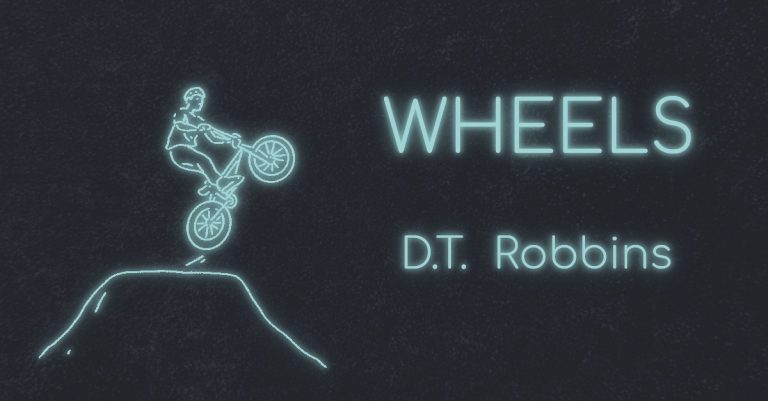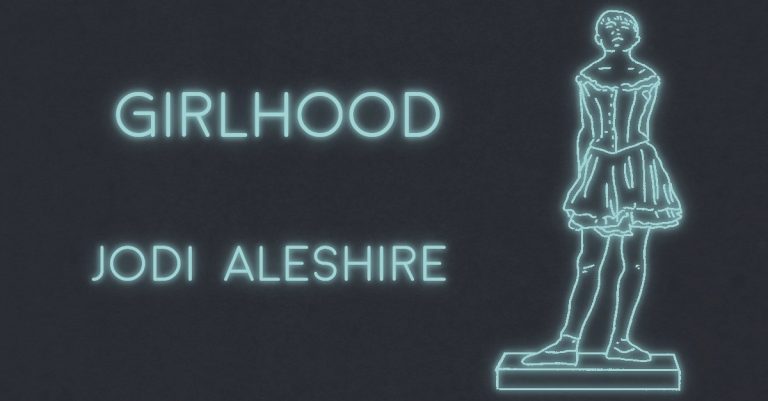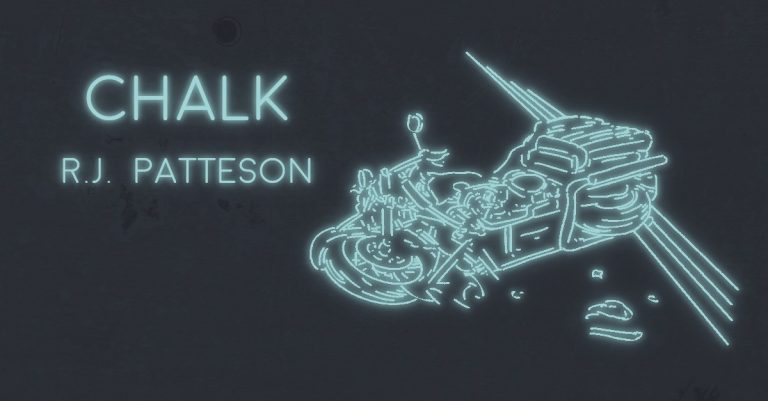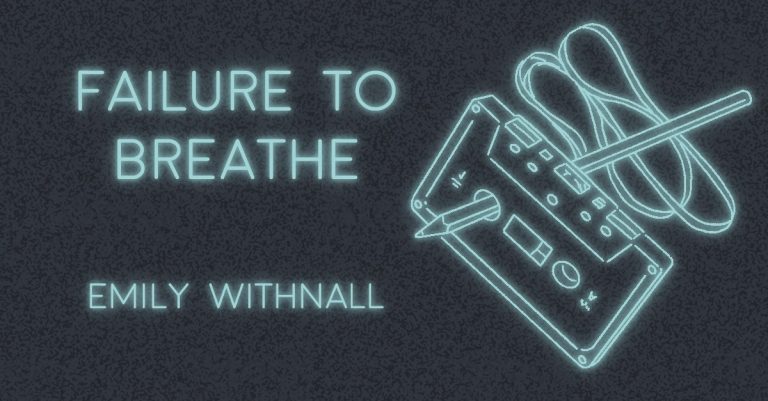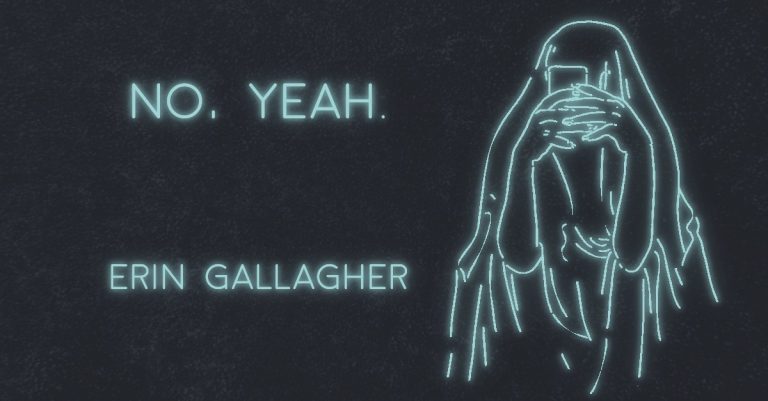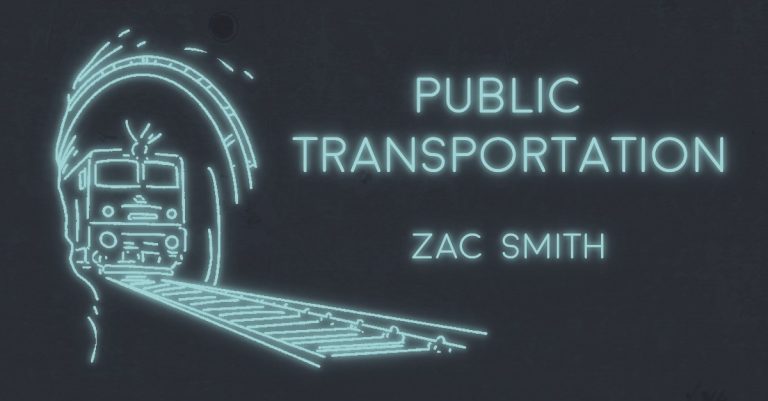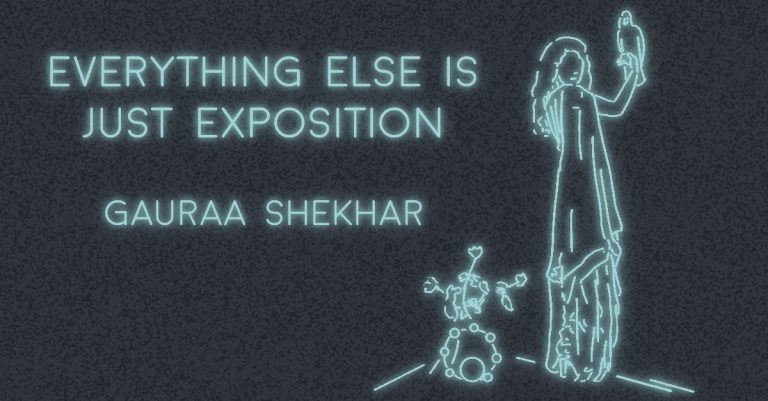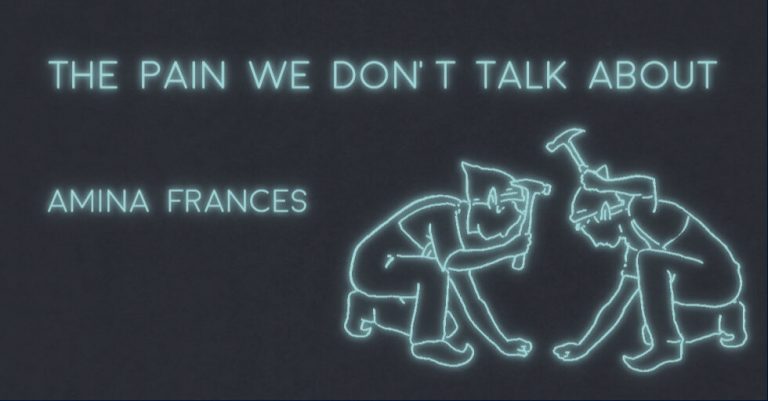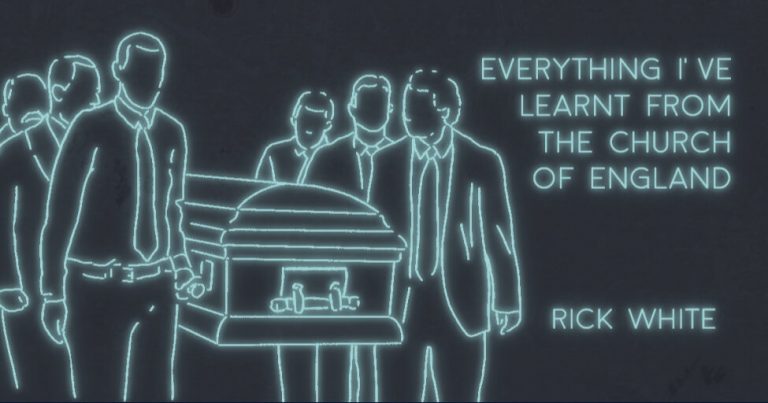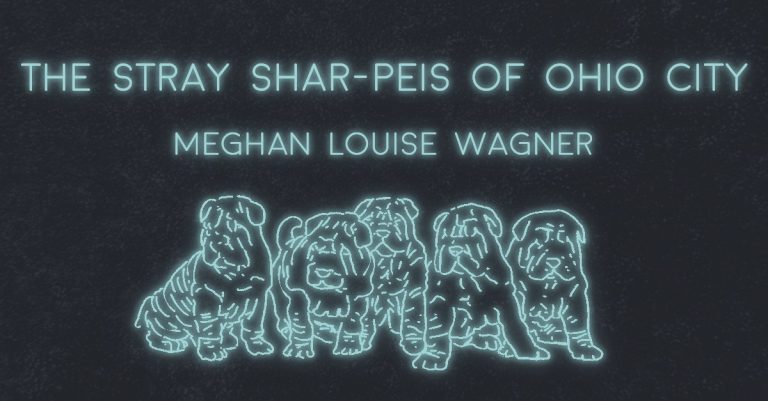
THE STRAY SHAR-PEIS OF OHIO CITY by Meghan Louise Wagner
Every party we went to in the summer of 1999 was lit up red. Red drapes fell over windows. Red vinyl chairs sat in kitchens next to red retro tables. Red walls vibrated with red Belle and Sebastian. Red wine gushed from boxes on countertops. Red signs glowed in dive bars. Red Schwinn bikes got stolen off our friends’ porches. Red hair dye spotted our shower mats. Red Chuck Taylors tapped in bathroom stalls. We were only babies when we heard about the stray shar-peis of Ohio City. Mara, a thirty-something veteran of the scene who claimed to have once

